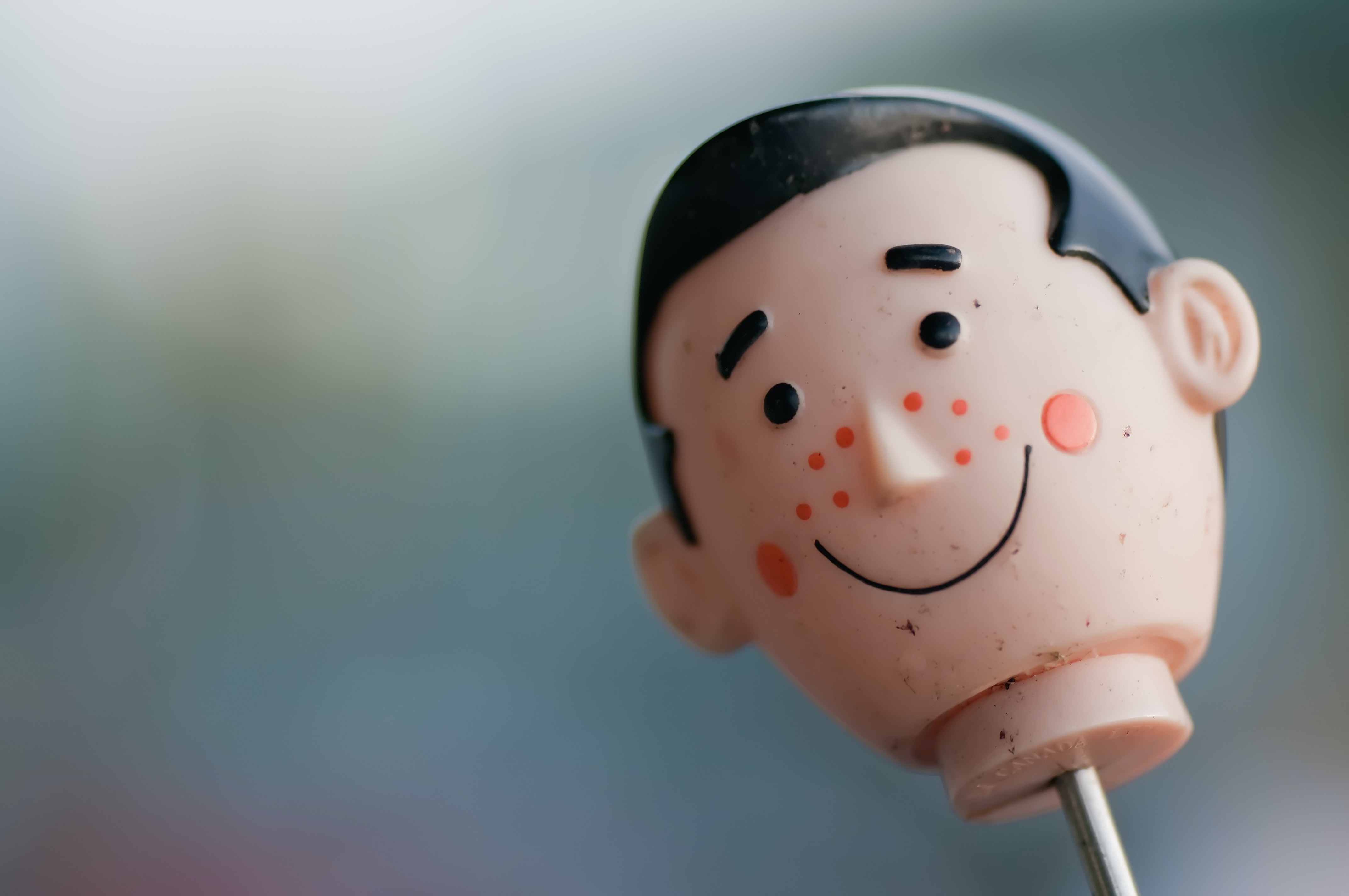Acne: symptoms, causes and treatments
By Joel Farrugia.
Published on September 5th, 2020
Acne is a skin condition with different degrees of severity. It can happen for a variety of reasons. Including excessive oil production and hormonal changes amongst others. We will cover these in more depth shortly. Acne can manifest itself in a range of different symptoms and can appear in various areas of the body. While it is more common in the younger population, acne can, and does, affect all age groups.

What are the symptoms of acne?
Acne can manifest itself in very different ways. The exhibited symptoms vary according to the severity of the condition. They can include any of the following:
Whiteheads. Whiteheads form when sebum (oil), bacteria, and dead skin get trapped within a skin pore. They can appear on the face, chest, shoulders, back, and in some cases the arms.
Blackheads. Blackheads are similar to whiteheads and form when the skin over a whitehead opens up causing the buildup to look black.
Papules. Papules are common with most skin conditions including acne. They are usually smaller than 1 centimetre in size and raised when compared to the surrounding skin.
Pustules. Pustules appear with several different conditions and usually happen when your body is trying to get rid of an infection. Pustules are filled with a yellowish fluid called "pus", hence the name.
Nodules. Nodules happen when abnormal tissue grows just underneath the skin. They are typically larger than 1 centimetre in size.
Cystic lesions. Cystic lesions are the most serious when it comes to acne. They form when cysts grow underneath the skin. This can happen when oil, dead cells, and bacteria get trapped within pores.

What causes acne?
There are several factors that contribute to acne. While genetics tend to play a part in it, a number of factors are known to cause or exacerbate acne. The four main factors that contribute to acne are:
- Excessive production of oil
- Oil and/or dead skin clogging follicles of hair
- Bacterial infection
- Hormonal activity
Acne is also triggered and/or made worse by certain types of foods, medication, as well as stress. There are other risk factors that can increase the likelihood of acne. While these risk factors do not cause acne, they might increase the risk of acne. Known risk factors include:
- Age. While acne can happen at any age, teenagers are at a higher risk.
- Hormones. Certain hormonal changes can raise the risk of acne.
- Grease/oil. If the skin comes into frequent contact with greasy and/or oily substances it can raise the risk of acne.
- Friction. Frequent friction against the skin can also increase the risk of acne.
Treating Acne
Acne can be treated in several different ways. The severity of the acne will usually determine how acne is treated. Most people might start with over the counter solutions such as facial cleansers. However it is advisable to speak to a dermatologist if the condition proves to be persistent. Not only will a dermatologist be able to give a prescription for something stronger. They will bring acne under control and avoid or lessen long-term repercussions such as scarring.
Acne medication can be either topical or oral. There are also several different therapies that can help control acne. Certain medications and treatments carry higher risks when it comes to side effects. Thus they might not be made available to everyone.
Topical medications for acne
Topical medication is any kind of medication applied to one specific area of the body. Creams, lotions, ointments, and gels are all forms of topical medications:
Retinoids. Derived from Vitamin A, retinoids can prevent hair follicles from getting blocked.
Antibiotics. Antibiotics are used to fight off and kill bacteria. In some cases, benzoyl peroxide is also prescribed to avoid antibiotic resistance.
Azelaic acid. Azelaic acid is a natural compound. It is found in grains as well as animals and can act as an antibacterial agent.
Salicylic Acid. Salicylic Acid can prevent hair follicles from getting blocked and comes in different formats.
Oral medications for acne
Oral medications are medications taken by mouth and can include capsules, tablets, chewable tablets, and lozenges.
Antibiotics. Antibiotics are usually prescribed for severe acne. They can however be prescribed in some cases of moderate acne. Antibiotics should only be taken as directed by a medical professional. This to avoid building antibiotic resistance.
Isotretinoin. Isotretinoin is a very powerful oral medication. It carries a risk of a number of serious side effects, making this medication something of a last resort.
Anti-androgen. Anti-androgens block androgen hormones as well as the sebaceous glands. Because of this, they are only suitable for women and adolescent girls.
Oral Contraceptives. A number of oral contraceptives that include both estrogen and progestin can be used as acne therapy by women who are also looking to use oral contraceptives.
Therapies for acne
Therapies involve the treatment of acne and ance-symptoms by a healthcare professional taking the form of sessions over a period of time.
Chemical peel. Chemical peels use acids such as salicylic and retinoic acid to peel the skin. The new skin that emerges should be smoother. Chemical peels require repeat treatments.
Extraction. Extractions use special tools to remove build-ups from the skin. Extraction removes any buildups not cleared by medication. It may cause scarring in some cases.
About the author
Joel is a freelance writer covering the financial, technology, and medical sectors. You can reach him at The Literary Atelier.